Have you heard of Ban Bossy? It’s the new initiative from Lean In and the Girl Scouts that’s trying to ban “bossy” and similar words that are used to bring down girls that are ambitious, take risks, and speak up. By changing the way we treat girls who lead, hopefully our generation will someday see more women in leadership roles.
You can watch the 1:00 video with Beyonce, Jane Lynch, Condeleeza Rice, and Jennifer Garner here, or visit the Ban Bossy website.
A Crash Course in Compensation Negotiation
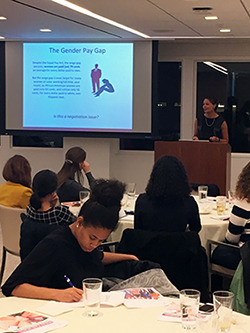
Workshop attendees took part in mock negotiation scenarios to learn one’s worth and master the art of negotiating for fair and competitive pay.
“One of the great things I have found about this workshop and actually having dialogue and practicing is that, even just from sitting in this room, trust me, you’ll have more comfort when this happens to you,” Keating said. “It’s really important, when you get that job offer, that you’re thankful and that you say how excited you are for the opportunity. I like the strategy of [leading with] X, Y, and Z, which are positive, and then you can say, “However, here is what I was actually expecting and looking for.”
Keating walked attendees through a mock scenario, in which a woman applies this approach to negotiating her salary and benefits package after receiving a job offer.
Speaking on behalf of the woman in the simulated negotiation process, Keating said, “‘Thank you so much, I deeply appreciate the offer. This is the kind of firm I want to work for. Joe seems like a great manager, and I’m really excited to be part of the team; however, I was expecting a salary that is commensurate with my experience and with what I found in the market data.’”
To this point, Keating also emphasized how valuable real data can be for the negotiation process.
“If you’re able to say, ‘My requirements are based on my research of the market and I’m looking to get a fair, competitive range for the role,’ that will help demonstrate that you came prepared,” she said. “Use your judgment in how far and how hard you want to push. Don’t be afraid to say, ‘According to the Robert Half Legal Salary Center…’ or ‘According to Salary.com, my data shows that this position has a range of $X to $Y in this area for a company this size.’ That way, you can have that common ground of establishing what the market for this job is. From there, you can talk about what you bring to the table and why you should earn a salary at the high end or middle portion of the salary range.”
Additionally, Keating talked about understanding the added challenges women face in the negotiation process.
“When you’re asking about negotiation, and you feel that there may be some resistance, know that we do have some momentum behind us through which we can say, ‘I’m sure you’re aware that there is a gender pay gap,’” Keating said noting that pharmacy is the only industry in which men and women are paid equally across the board. “You can approach the negotiation process by saying, ‘I’m sure you’re aware that there is a gender pay gap in this field, and I would be remiss not to negotiate on my behalf.’”
Lean In DC executive board member Emma Fisher echoed this sentiment by stating, “Today, we need to be acutely aware of how what we do, inside and outside the workplace, perpetuates our values and beliefs. And, we need to understand how such actions ripple across our country.”
Fisher, a Fulbright alumna, began her career working at the White House before transitioning into the nonprofit world, where she has focused on improving the education-to-work continuum by increasing access to viable tools and resources.
“While I believe it’s important to work at the 50,000-foot level to improve our shared systems, it’s just as important to make choices every day that reinforce your values and beliefs,” Fisher said. “Over time, those choices build upon each other. They allow you to create your narrative history and our collective history, as women in the working world.”
Lean In DC would like to thank Kim Keating, as well as event partners Hogan Lovells DC, Next Girls Network, Cava, and Plush Skin for helping to make this year’s Compensation Negotiation Workshop possible.

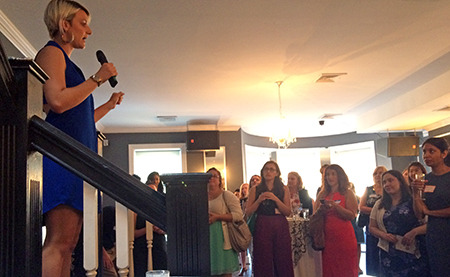

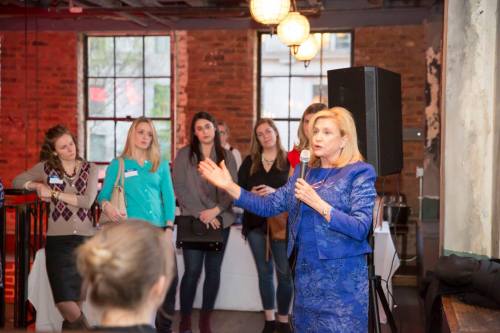

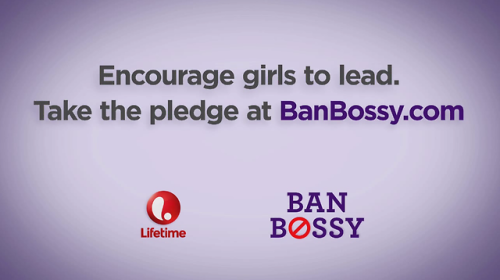
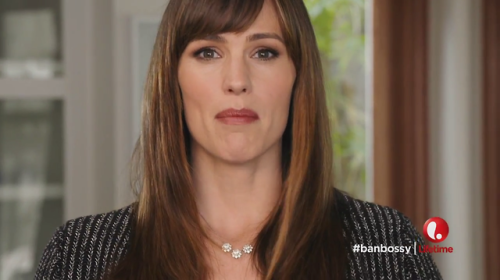


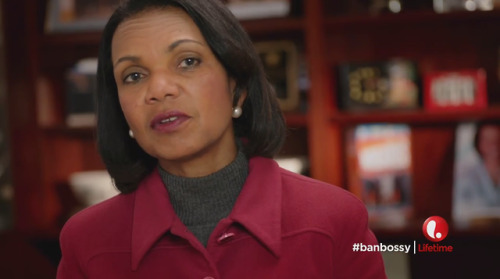
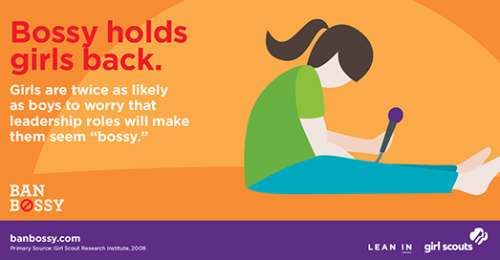
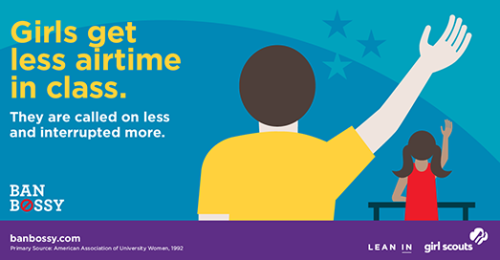

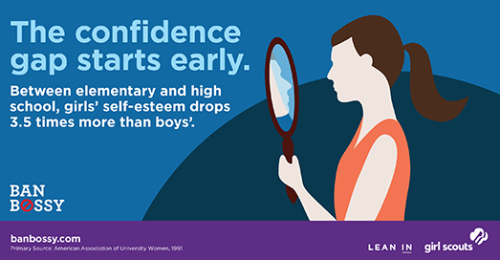



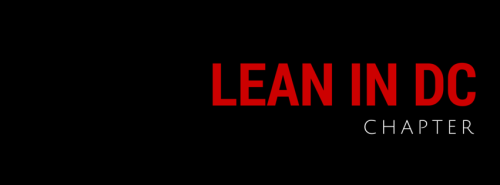



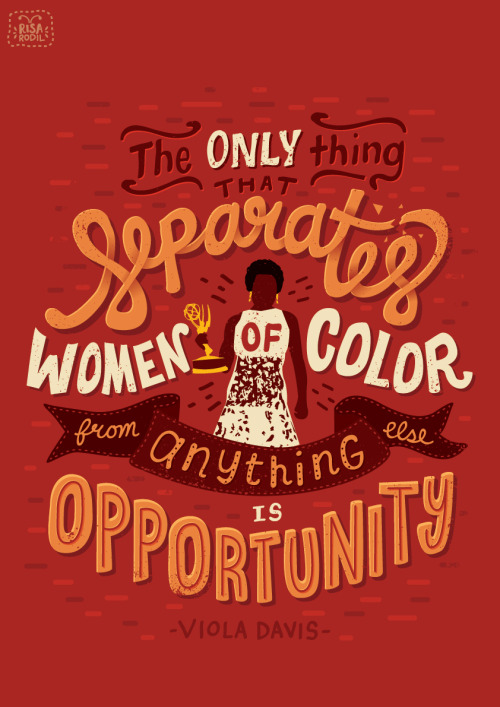
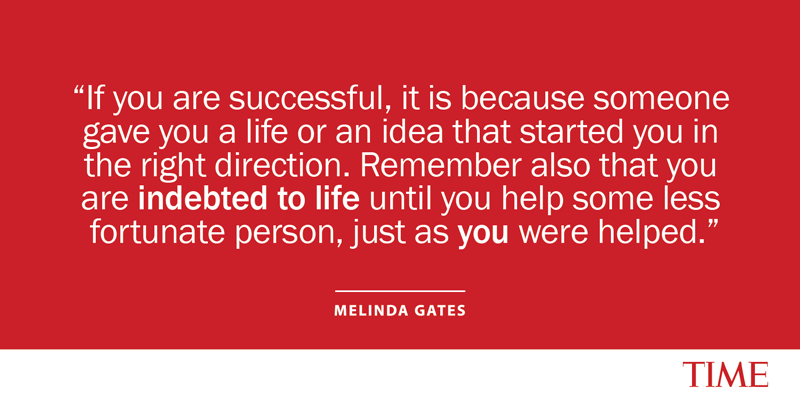







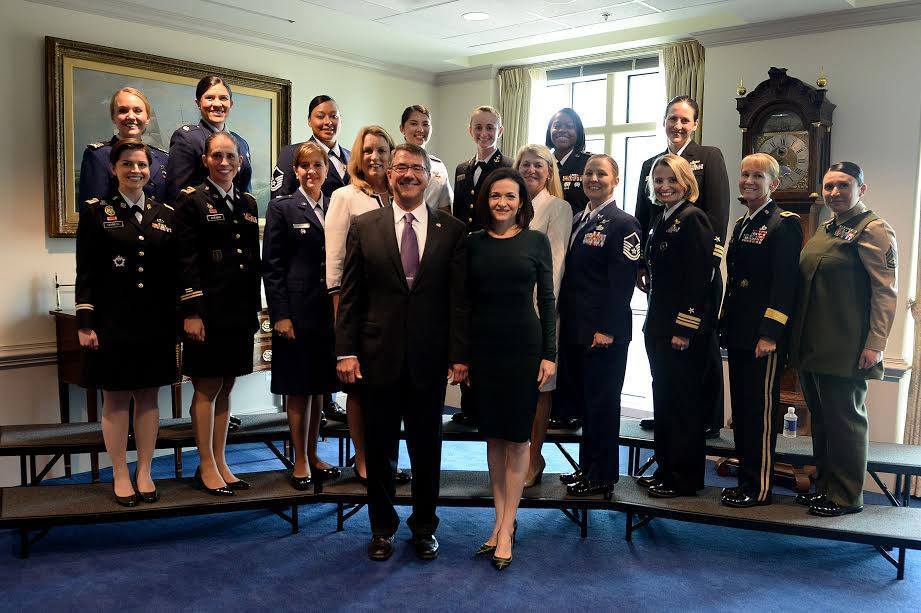
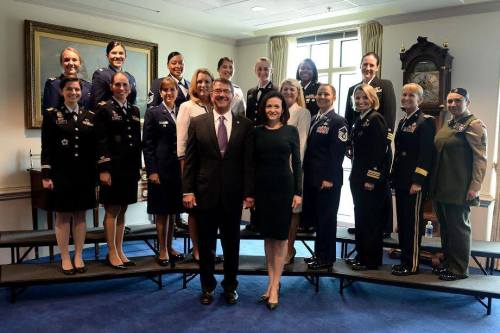
Connect with us!
1 2 q